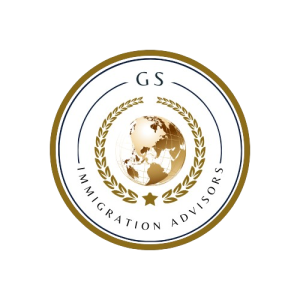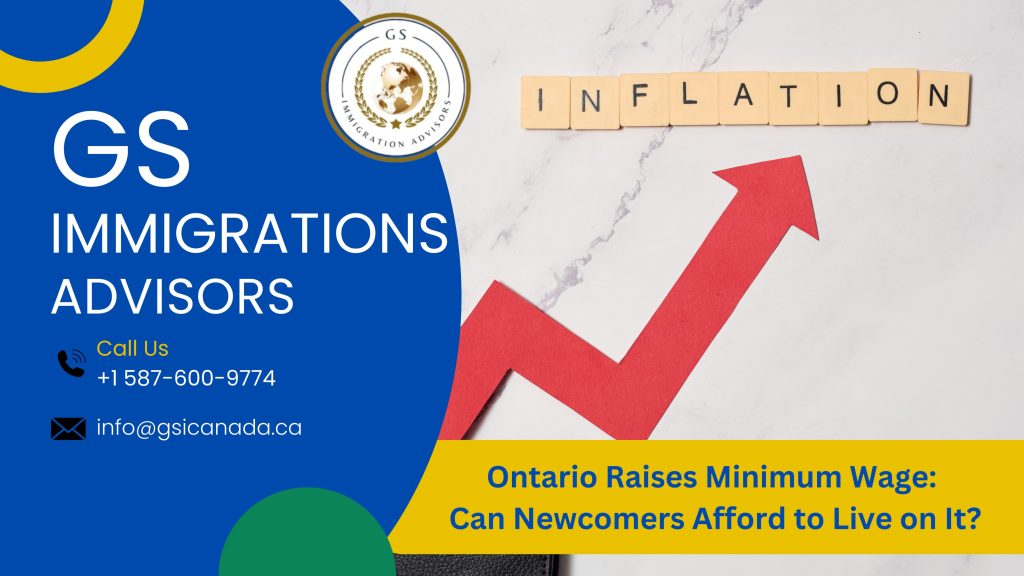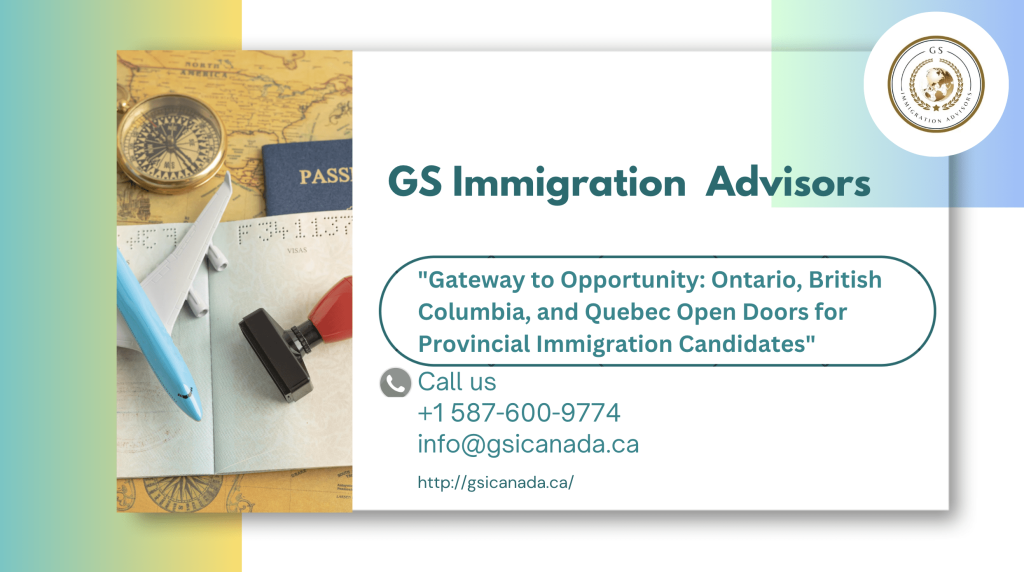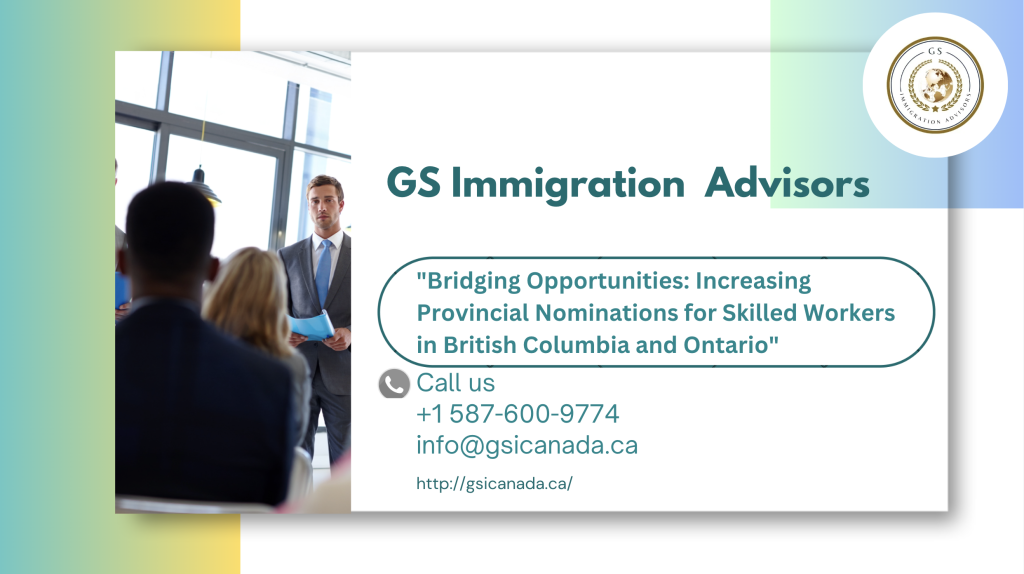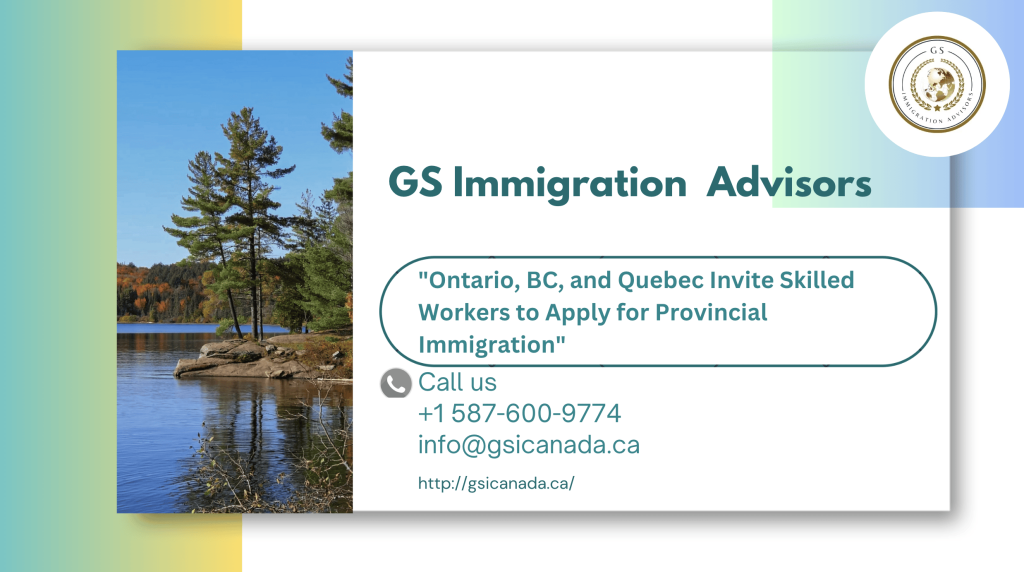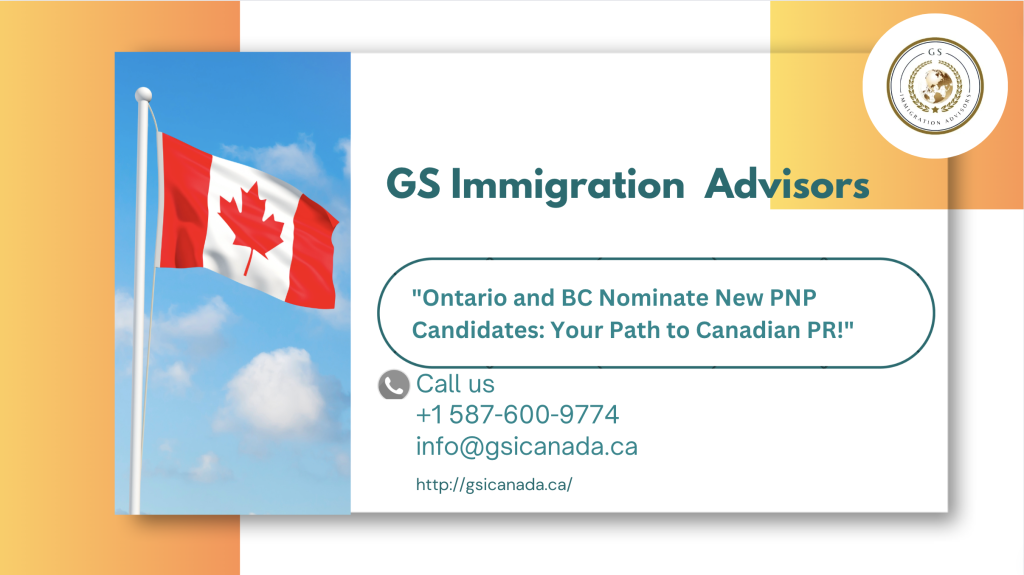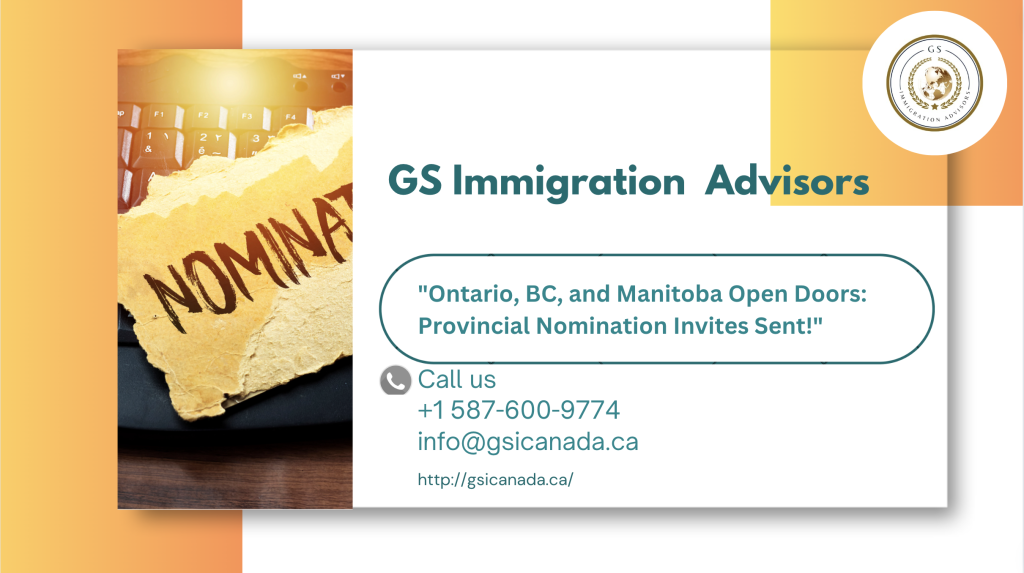“Ontario Raises Minimum Wage: Can Newcomers Afford to Live on It?”
As of October 1, the minimum wage has increased in Ontario, Prince Edward Island, Manitoba, and Saskatchewan. These wage hikes are mostly tied to inflation. In Ontario, for example, the minimum wage went up from $16.55 an hour to $17.20. The income of someone earning minimum wage depends on how many hours they work each week. According to data from Statistics Canada in 2023, full-time employees in Ontario work an average of 39.3 hours per week. Based on this, a full-time worker earning minimum wage would make around $675.96 per week before taxes. Discover if You Are Eligible for Canadian Immigration Most employers in Ontario pay their employees every two weeks. This means that a full-time worker on minimum wage can expect to earn about $1,351.92 per paycheck. Part-time workers will earn less. Over a year, which has 26 pay periods, a full-time worker would make approximately $35,149.92 before taxes. Using Wealthsimple’s income tax calculator, a person in Ontario earning this yearly amount would take home about $29,026 after taxes (assuming no other income or deductions like investments or retirement savings). Can you live on a full-time minimum wage job in Ontario? This is a crucial question for many new immigrants, especially those who arrive without a job and need to support themselves quickly or show proof of income to find housing. Cost of Living for New Immigrants in Ontario Toronto has the highest immigrant population in Canada, with census data from 2021 showing that 46.6% of the city’s residents are immigrants. Many newcomers rent when they first arrive in Canada, as buying a home can be difficult right away. Here’s an estimate of the monthly costs for a single person living alone in Toronto. Keep in mind that other places in Ontario or Canada may be cheaper, and these amounts can vary:Rent for a one-bedroom apartment: $2,452 (as of September 2024) Monthly groceries: $526.50 Utilities (electricity, heating, cooling, water): $160.44 Phone plan: $56.20 Internet: $69.70 Public transit: $3.30 per ride, or $143 for a monthly pass In total, these basic expenses add up to around $3,407.84 per month, or $40,894.08 per year. This amount is more than what a full-time minimum wage worker earns in gross pay, and over $11,000 more than their net (take-home) pay. There are ways to cut costs, such as sharing a home with others, buying groceries on sale, choosing cheaper phone or internet plans, or walking instead of paying for public transport. Newcomers in Minimum Wage Jobs Many newcomers, while waiting for their foreign qualifications to be recognized, often find themselves working in minimum-wage jobs. About 20% of jobs in Canada are regulated and need specific licenses or certificates. Each province has its own rules for these jobs, so the time it takes for newcomers to get their qualifications recognized can vary. While waiting, many newcomers end up working jobs outside their field, which often pay minimum wage or slightly more. A recent report from Statistics Canada found that between 2001 and 2021, more immigrant workers were filling low-skilled jobs that used to be filled by Canadian-born workers. Discover if You Are Eligible for Canadian Immigration
